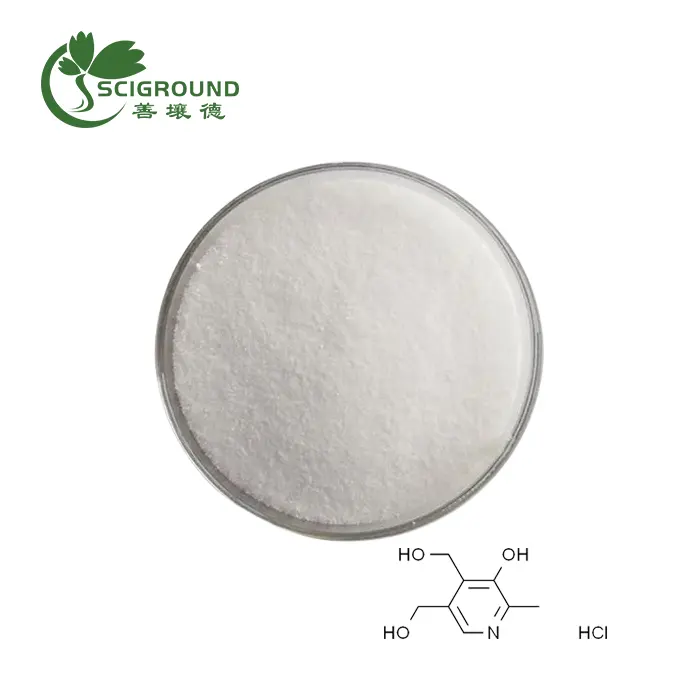Is L-carnitine Worth the Hype?
L-carnitines have become a popular dietary supplement in recent years, with many people taking it to improve athletic performance, promote weight loss, and support overall health. What exactly is L-carnitine, and what does it do? In this blog post, we’ll take an in-depth look at the science behind L-carnitine, its potential benefits, and whether it lives up to the hype.
What is L-carnitine?
L-carnitine is an amino acid that plays a crucial role in energy metabolism in the body. It is synthesized in the liver and kidneys from the amino acids lysine and methionine and is also obtained through the diet from foods such as meat and dairy products.
The primary function of L-carnitine is to transport long-chain fatty acids into the mitochondria of cells, where they can be oxidized and used as a source of energy. This process is essential for the proper functioning of various organs and tissues, including skeletal muscle, heart, and brain.
In addition to its role in energy metabolism, L-carnitine has also been shown to have antioxidant properties and may play a role in regulating inflammation and immune function.
Can L-carnitine improve athletic performance?
One of the most popular uses of L-carnitine supplements is to improve athletic performance. The idea is that by increasing the amount of L-carnitine in the body, more fatty acids can be transported into the mitochondria of muscle cells, leading to increased energy production and endurance.
Several studies have examined the effects of L-carnitine supplementation on athletic performance, with mixed results. Some studies have reported significant improvements in measures of endurance and exercise capacity, while others have found no significant differences between L-carnitine supplementation and placebo.
A meta-analysis published in the British Journal of Sports Medicine in 2018 examined 21 studies on L-carnitine supplementation and exercise performance. The authors concluded that L-carnitine may have a small positive effect on endurance exercise performance, but more research is needed to confirm these findings.
It is important to note that L-carnitine supplementation is not a substitute for proper nutrition and training, and should be used in conjunction with a healthy lifestyle and exercise regimen.
Can L-carnitine supplements help improve brain function?
In addition to its role in energy metabolism, L-carnitine may also have benefits for brain function and cognitive health. Several studies have suggested that L-carnitine can improve memory and cognitive function in both healthy individuals and those with cognitive impairment.
A review published in the journal Nutrients in 2020 examined the effects of L-carnitine on cognitive function and neuroprotection. The authors concluded that L-carnitine may have a protective effect on the brain and may have potential therapeutic applications for neurodegenerative diseases such as Alzheimer’s and Parkinson’s.
However, more research is needed to fully understand the mechanisms behind these effects and to determine the optimal dosage and duration of L-carnitine supplementation for cognitive health.
Is L-carnitine effective in treating cardiovascular disease?
One of the most promising potential applications of L-carnitine is in the treatment of cardiovascular disease. L-carnitine has been shown to have a number of beneficial effects on the cardiovascular system, including reducing inflammation, improving endothelial function, and lowering blood pressure and cholesterol levels.
A meta-analysis published in the Journal of Clinical Lipidology in 2018 examined the effects of L-carnitine supplementation on cardiovascular outcomes. The authors concluded that L-carnitine supplementation was associated with a significant reduction in all-cause mortality and cardiovascular events, particularly in patients with existing cardiovascular disease.
However, it is important to note that some studies have raised concerns about the safety of L-carnitine supplementation, particularly in high doses. One study published in the New England Journal of Medicine in 2013 found that high doses of L-carnitine supplements may increase the risk of cardiovascular disease in individuals with high levels of a compound called trimethylamine N-oxide (TMAO).
It is important to consult with a healthcare provider before starting any new supplement regimen, including L-carnitine, especially if you have a history of cardiovascular disease.
Conclusion
L-carnitine is an amino acid that plays a crucial role in energy metabolism in the body. While it has become a popular dietary supplement for its potential benefits in improving athletic performance, supporting cognitive function, and treating cardiovascular disease, the scientific evidence is mixed. While some studies have reported significant benefits, others have not found any significant effects. More research is needed to fully understand the mechanisms behind these effects and to determine the optimal dosage and duration of L-carnitine supplementation for various health conditions. As always, it is important to consult with a healthcare provider before starting any new supplement regimen.
To purchase L-carnitine, please contact Sciground at info@scigroundbio.com. Our experienced team will be happy to assist you in finding the best mushroom extract product to suit your needs.
Related Industry Knowledge
- How to Make Persimmon Extract
- Do amino acids help burn fat?
- Is hydrolyzed wheat protein good for skin?
- What is soy lecithin powder used for?
- What is Stephania
- What Does Inulin Do?
- How long does capsaicin last?
- L-Ornithine Benefits
- Vitamin b6 benefits
- Puerarin: A Promising Phytoestrogen for Health and Wellness







